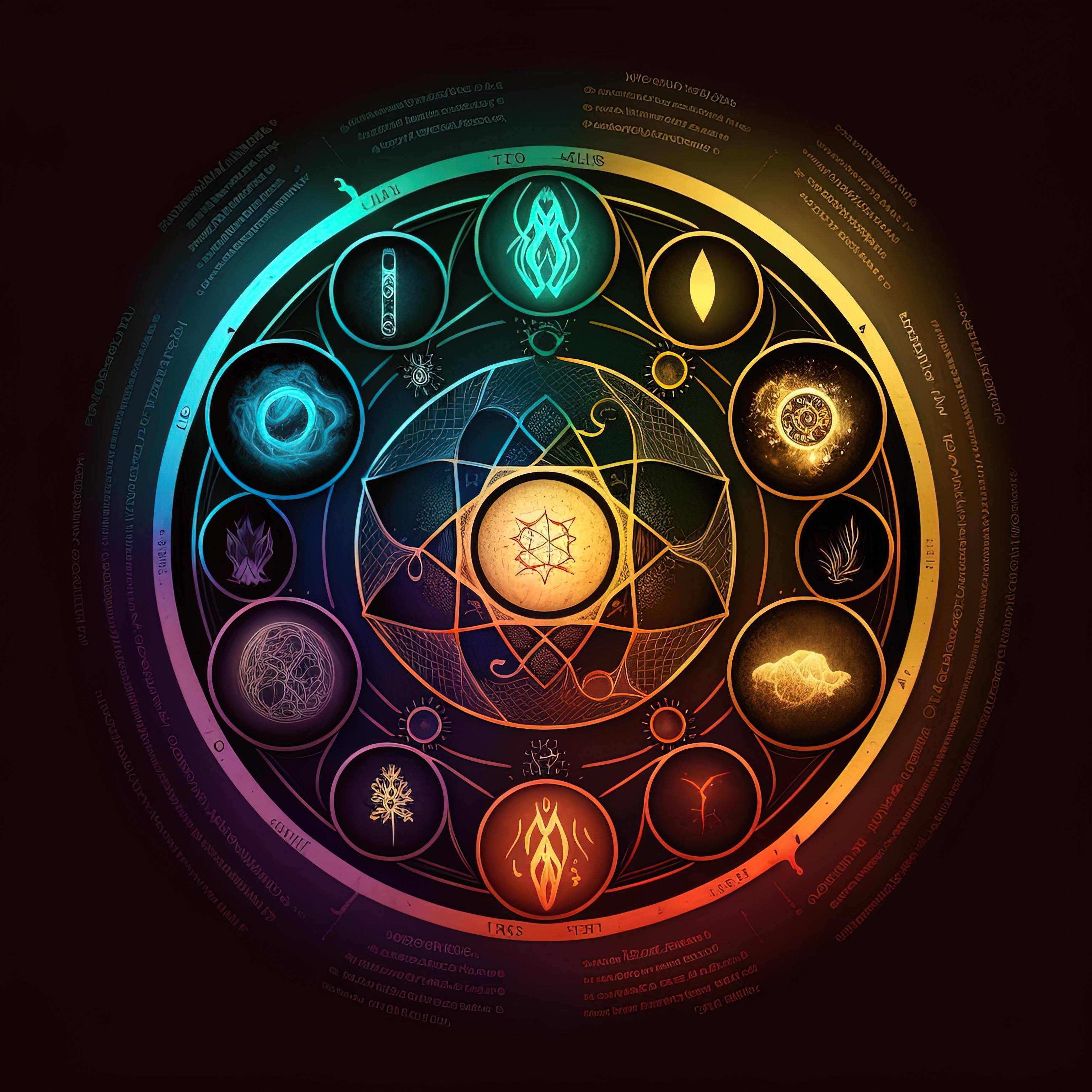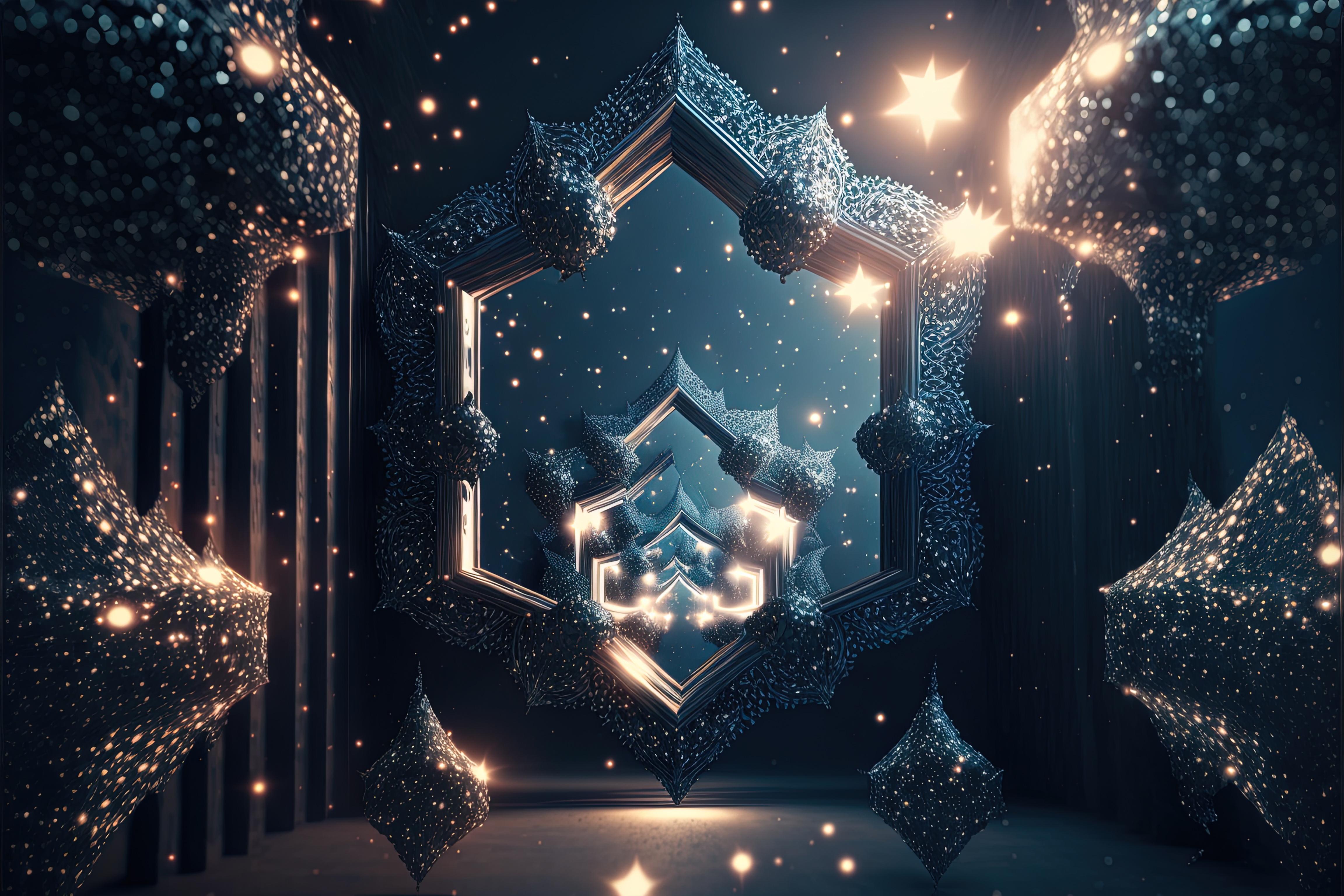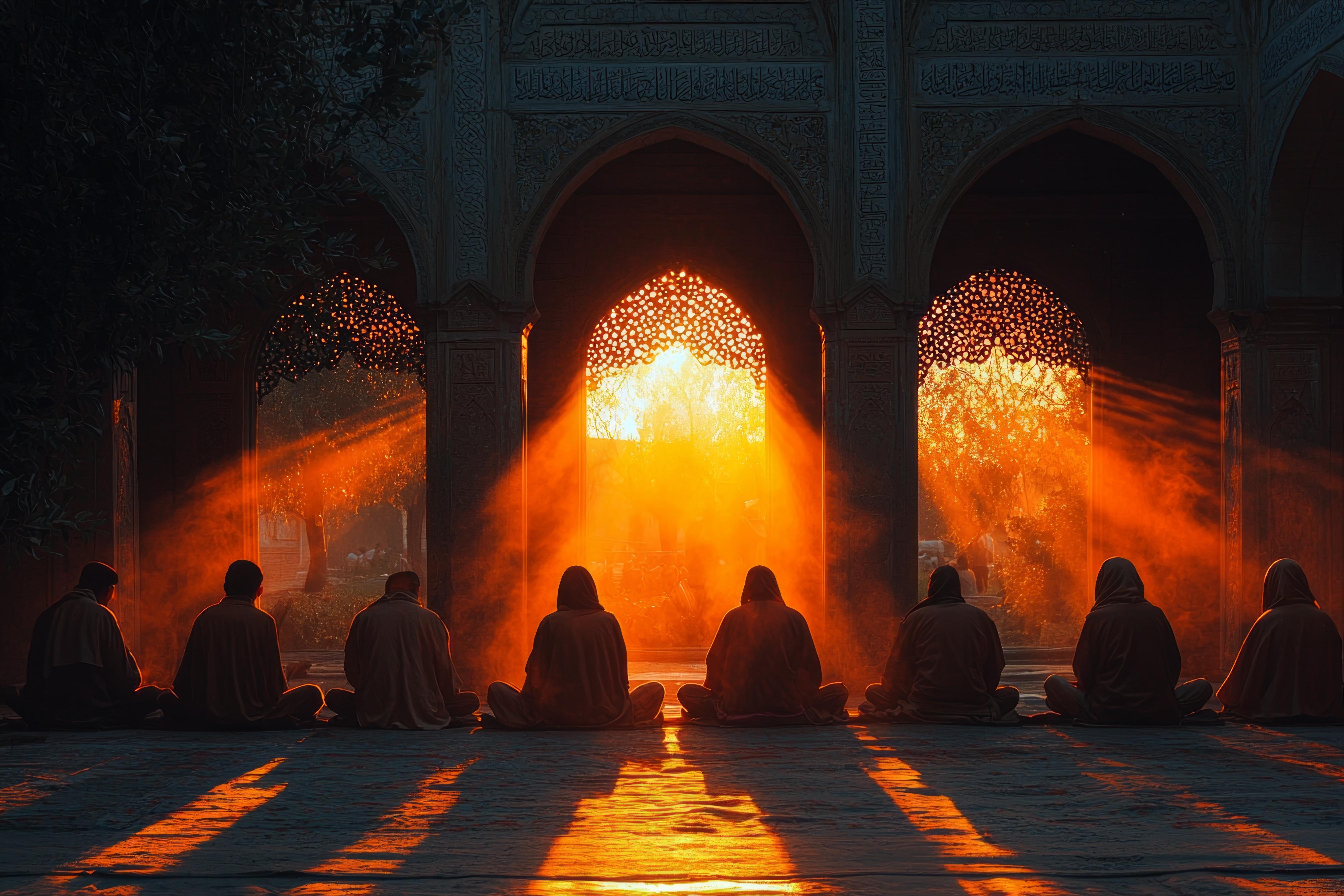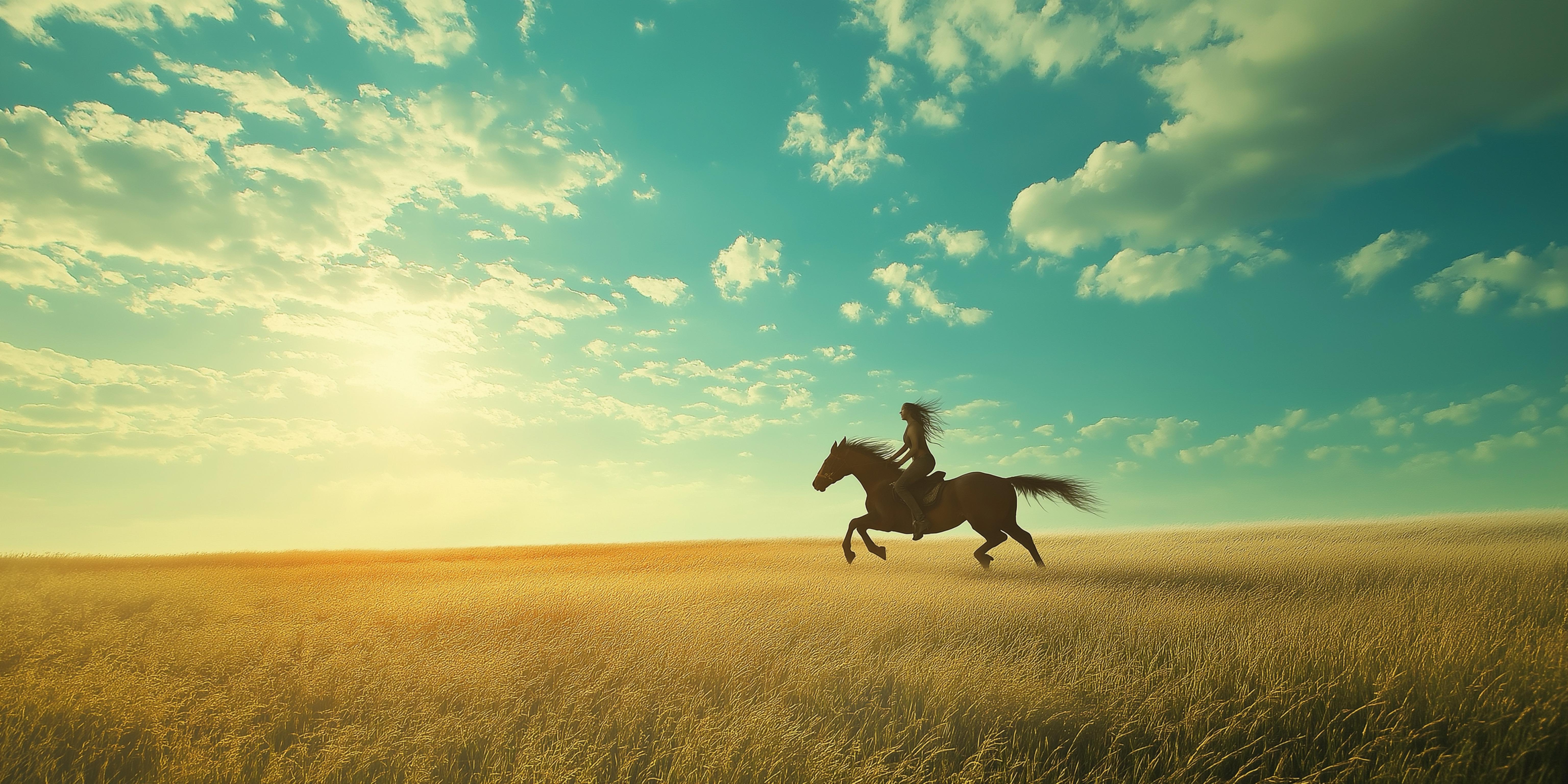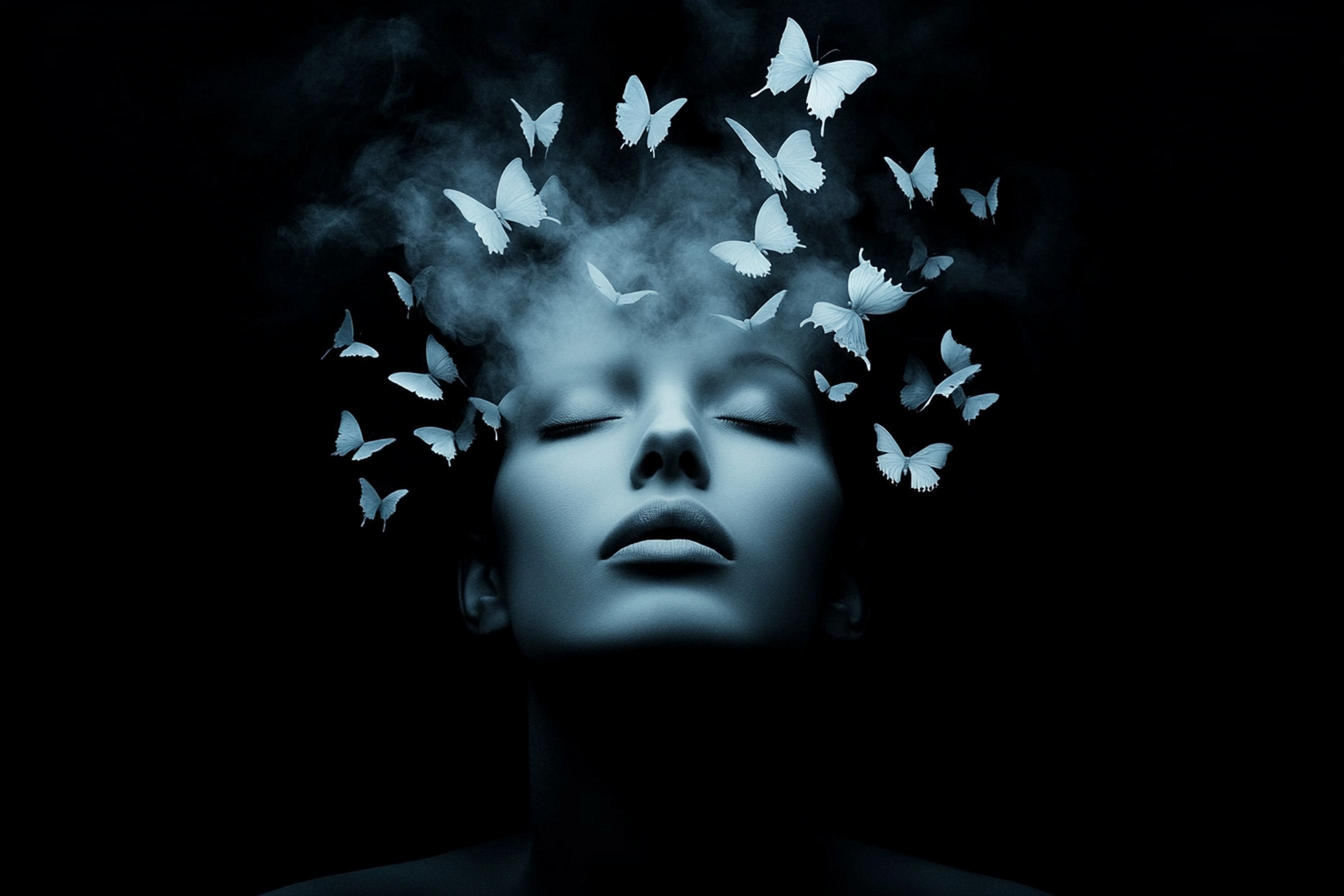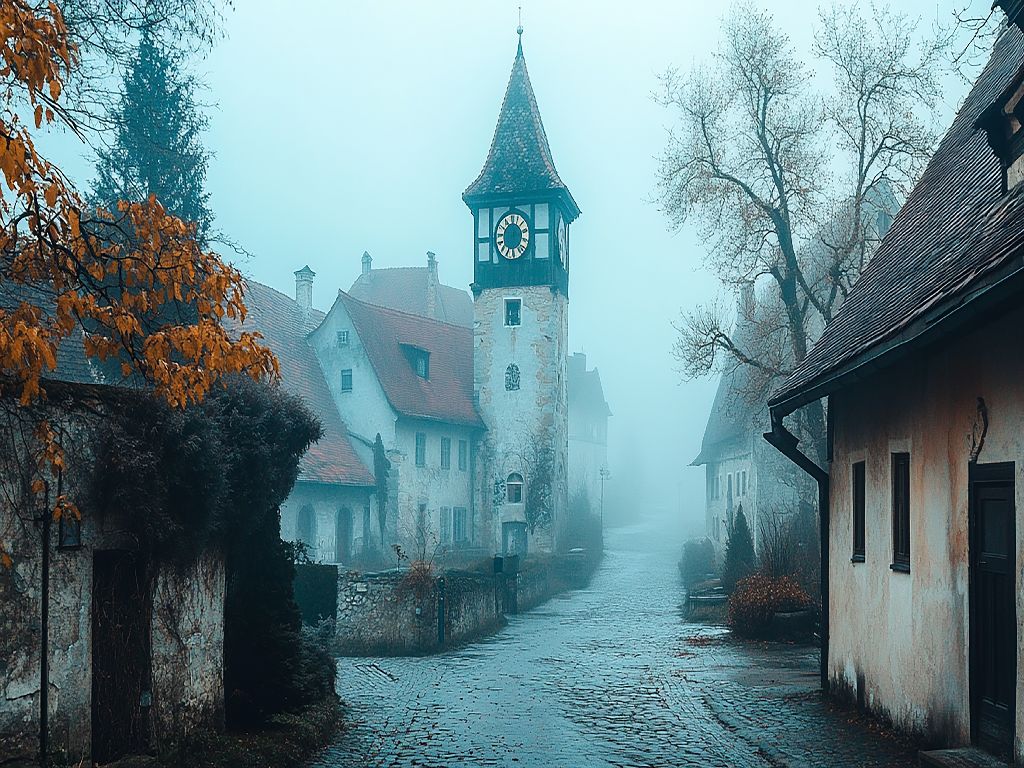Pan
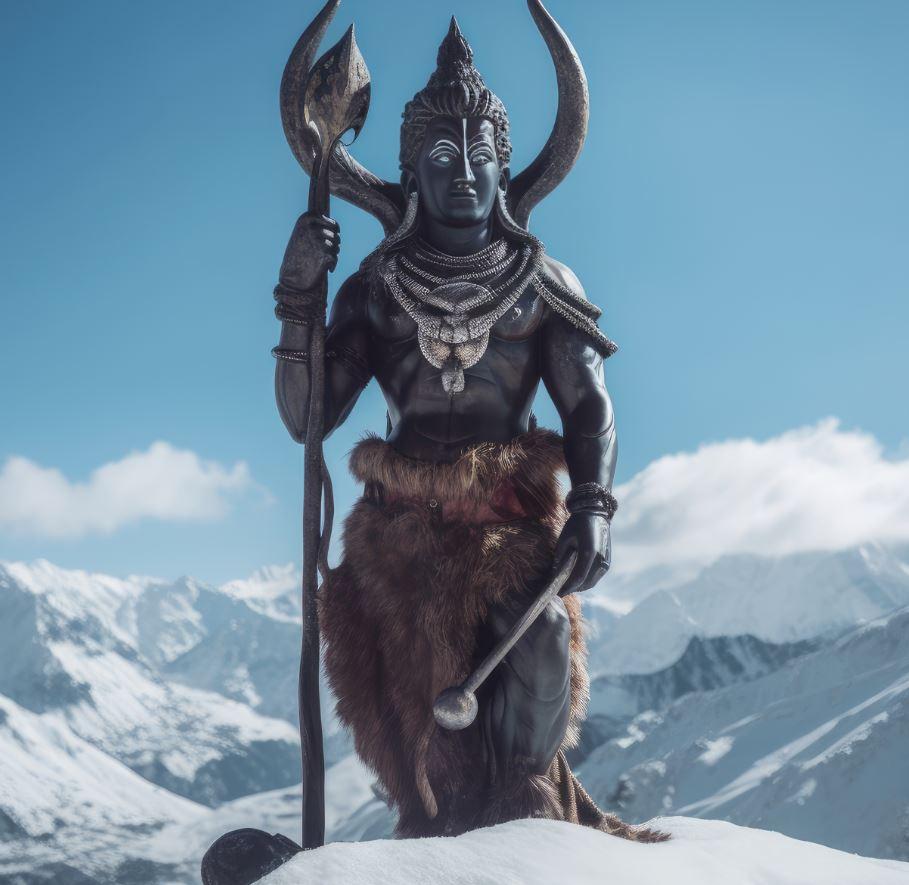
Pan (God Pan)
Greek Mythology / Nature Deity / Symbolism / Archetype
Definition:
Pan is an ancient Greek god of the wild, associated with nature, shepherds, fertility, music, and instinctual drives. Often portrayed as half man, half goat—with horns, hooves, and a hairy body—Pan represents the untamed forces of nature and primal energy.
Mythological Background:
-
Usually considered the son of Hermes (though other origins exist)
-
Originated as a local Arcadian deity, later worshipped throughout Greece
-
Resided in mountains, forests, and caves, especially in Arcadia
Attributes and Roles:
-
Protector of shepherds, flocks, hunters, and farmers
-
Inventor of the pan flute (syrinx)
-
Embodies the raw, uncivilized aspects of nature
-
A symbol of natural energy, sexuality, and freedom from social constraint
Panic and Ecstasy:
-
The term “panic” derives from Pan, who could unleash fear and confusion with a sudden shout
-
Celebrated in orgiastic rites and mystery cults, akin to Dionysian festivals
-
A god of ecstasy, nature worship, and transcendence through the senses
In Philosophy and Esotericism:
-
In the Renaissance, interpreted as a symbol of the universe ("Pan" = "all")
-
In romanticism and modern esotericism, viewed as an archetype of the unconscious, pagan spirit, or shamanic power
-
Appears in occult systems (e.g., Aleister Crowley) as a figure of wild divinity, often linked to chaos, freedom, or erotic force
Depictions in Art and Culture:
-
Widely portrayed in ancient sculpture, vase paintings, and poetry
-
Reimagined in literature (e.g., “The Great God Pan” by Arthur Machen)
-
A recurring figure in modern fantasy, depth psychology, and neo-pagan traditions
Links:

